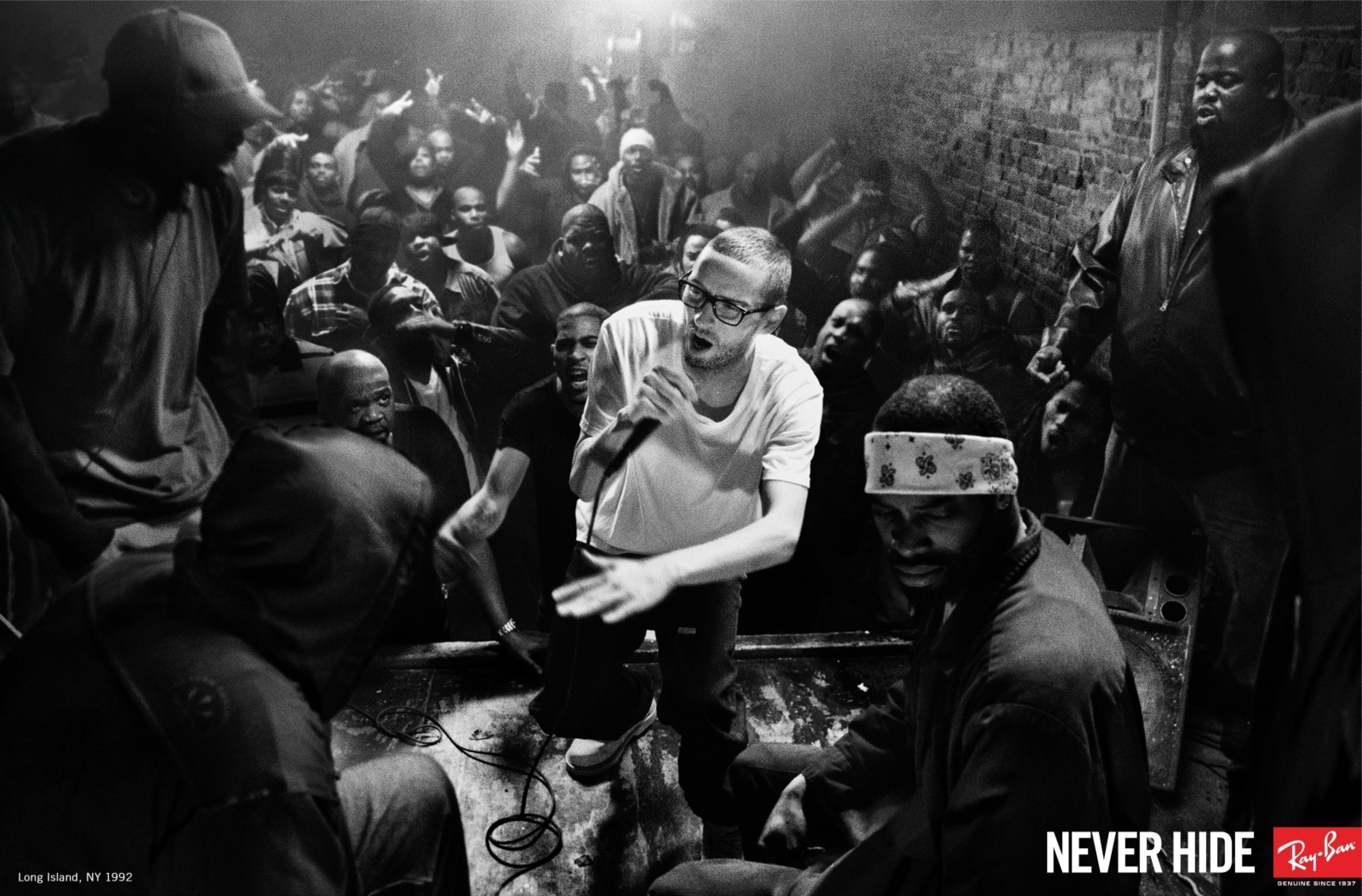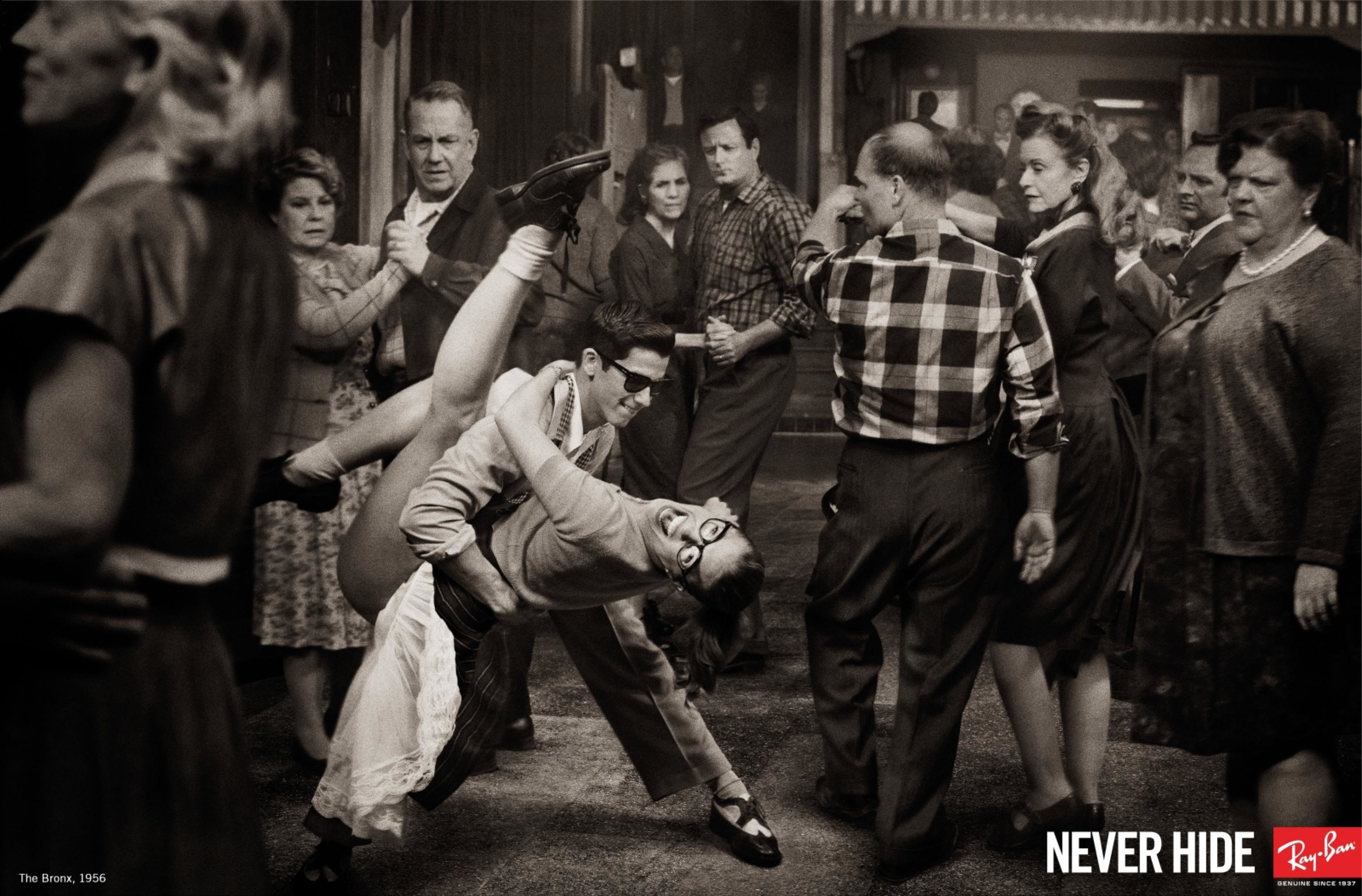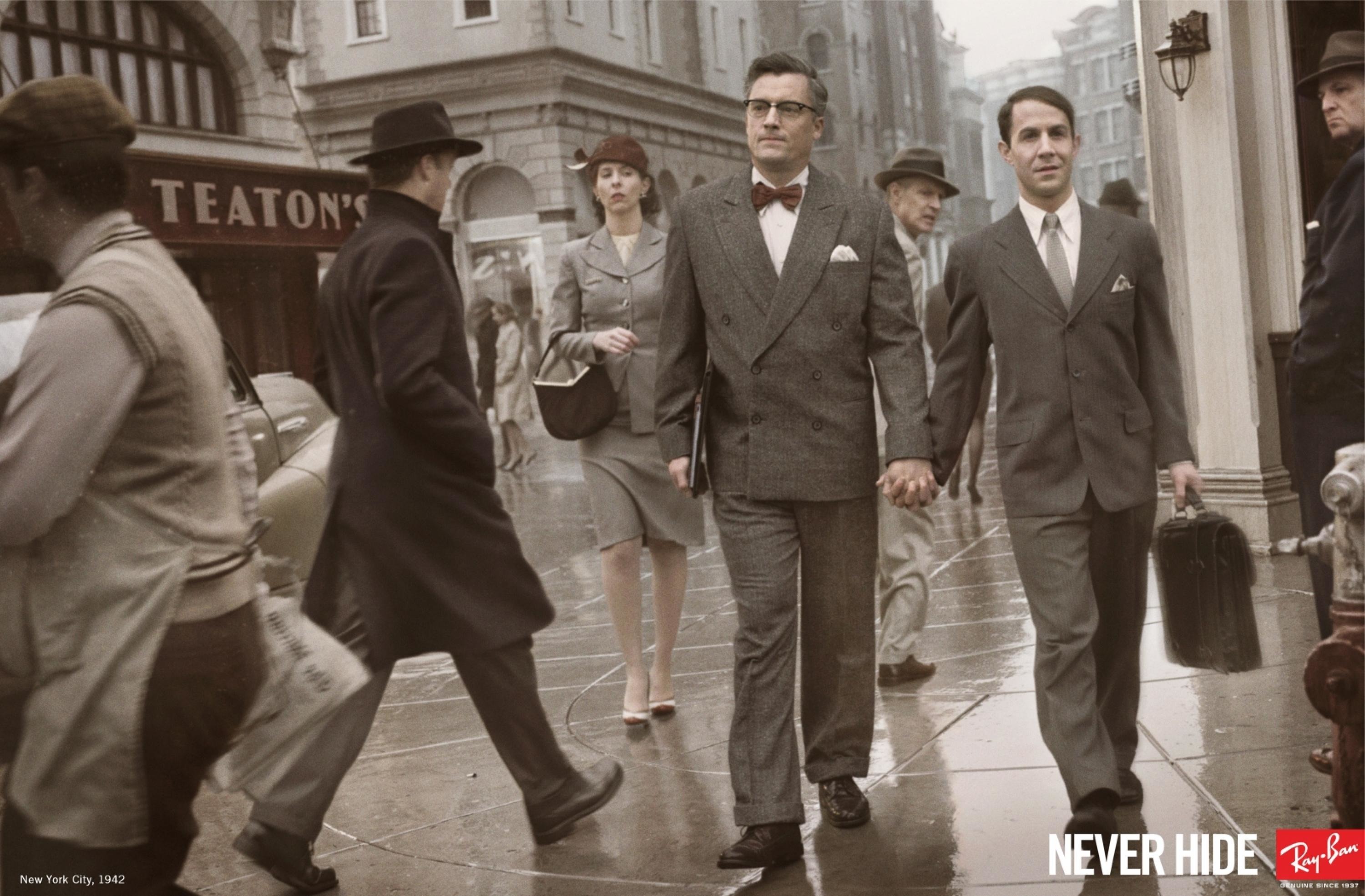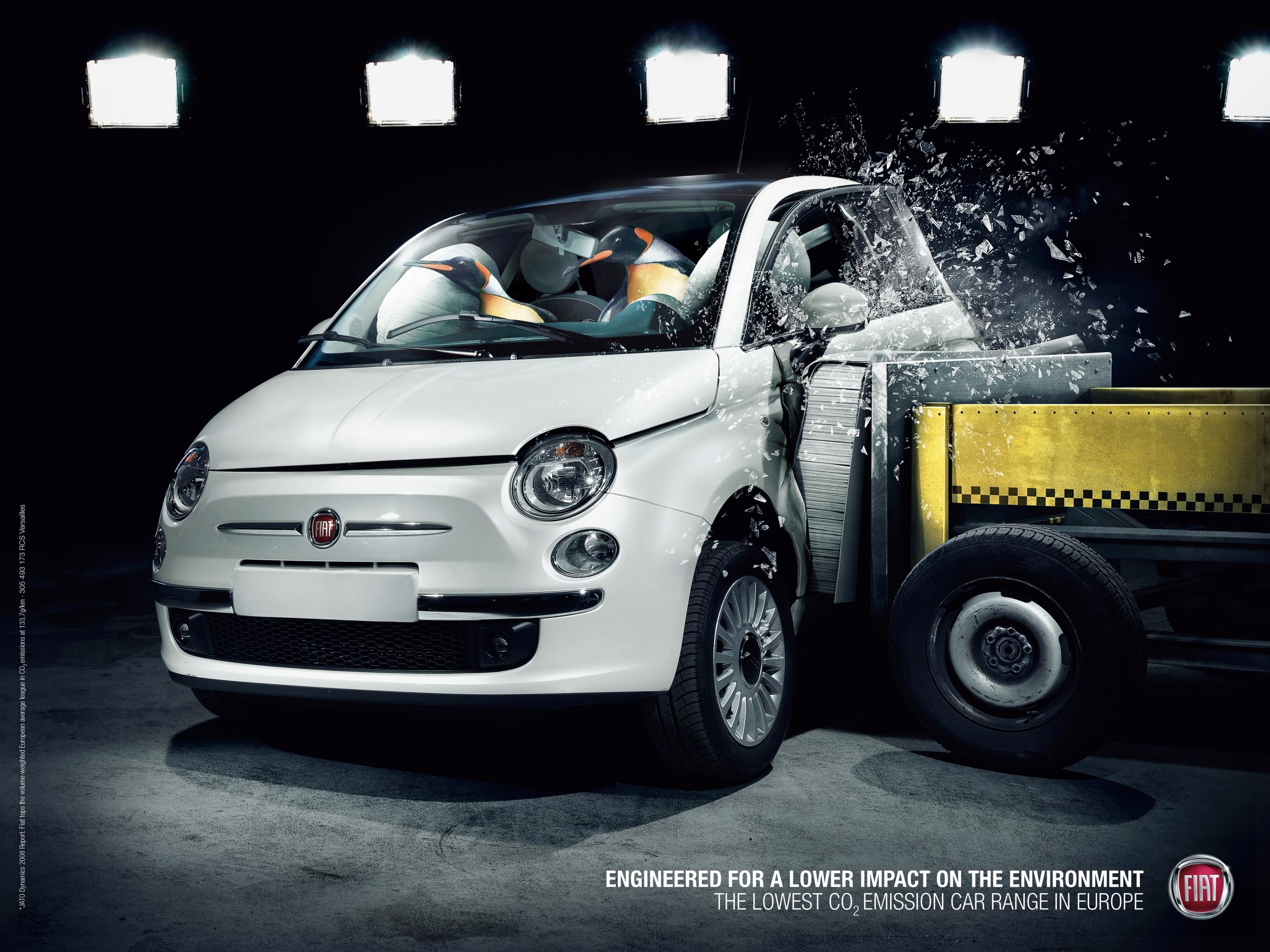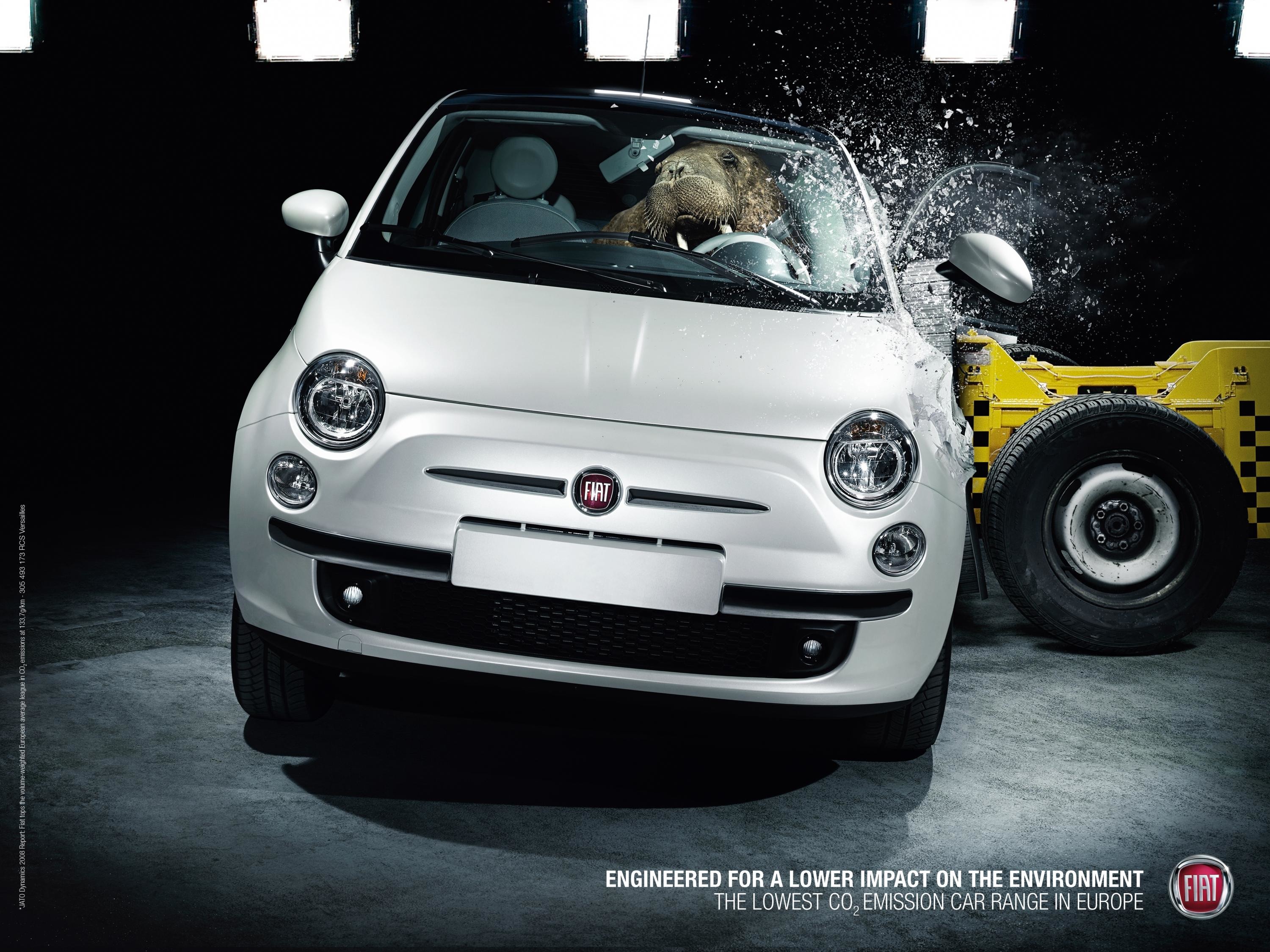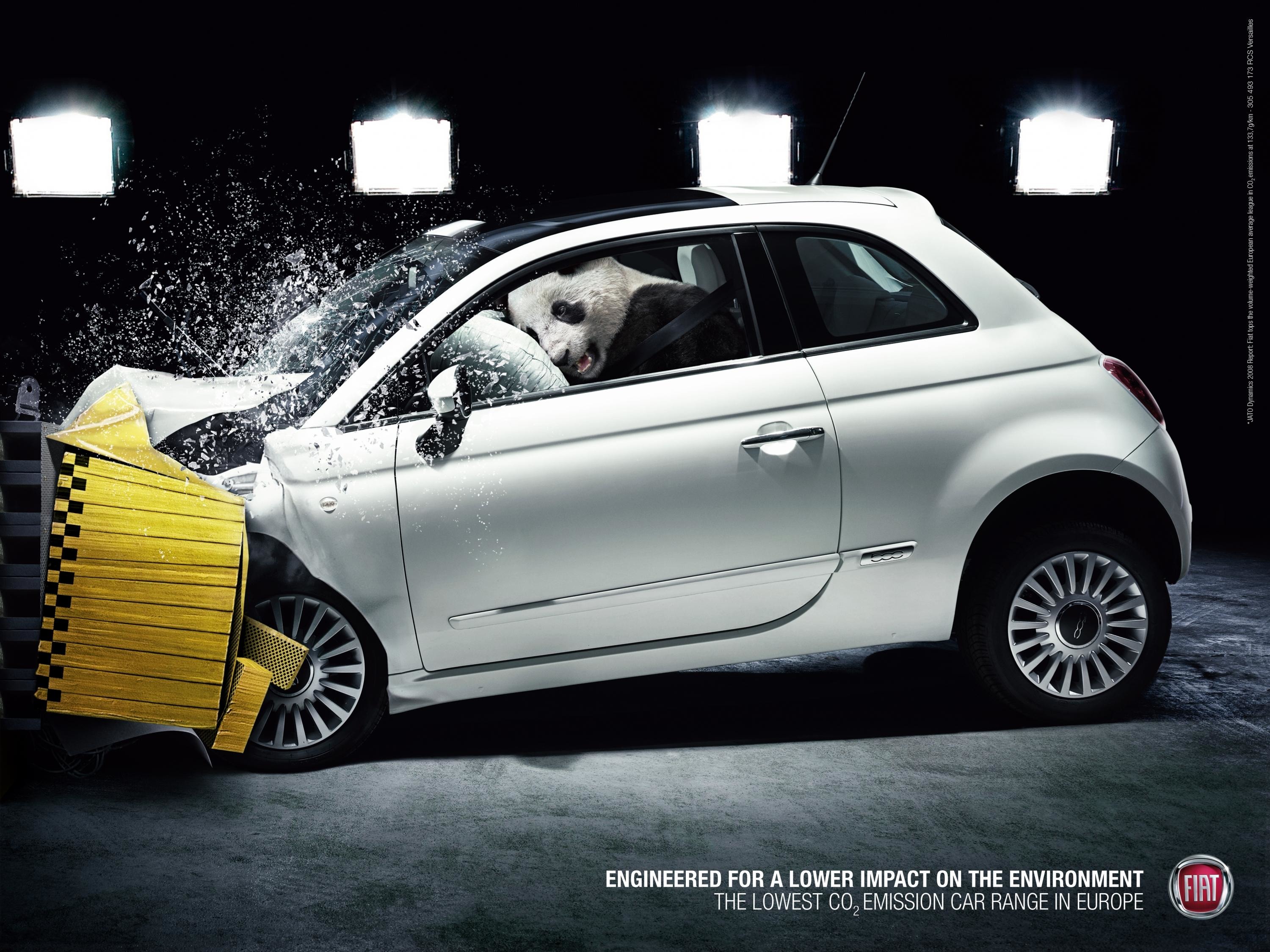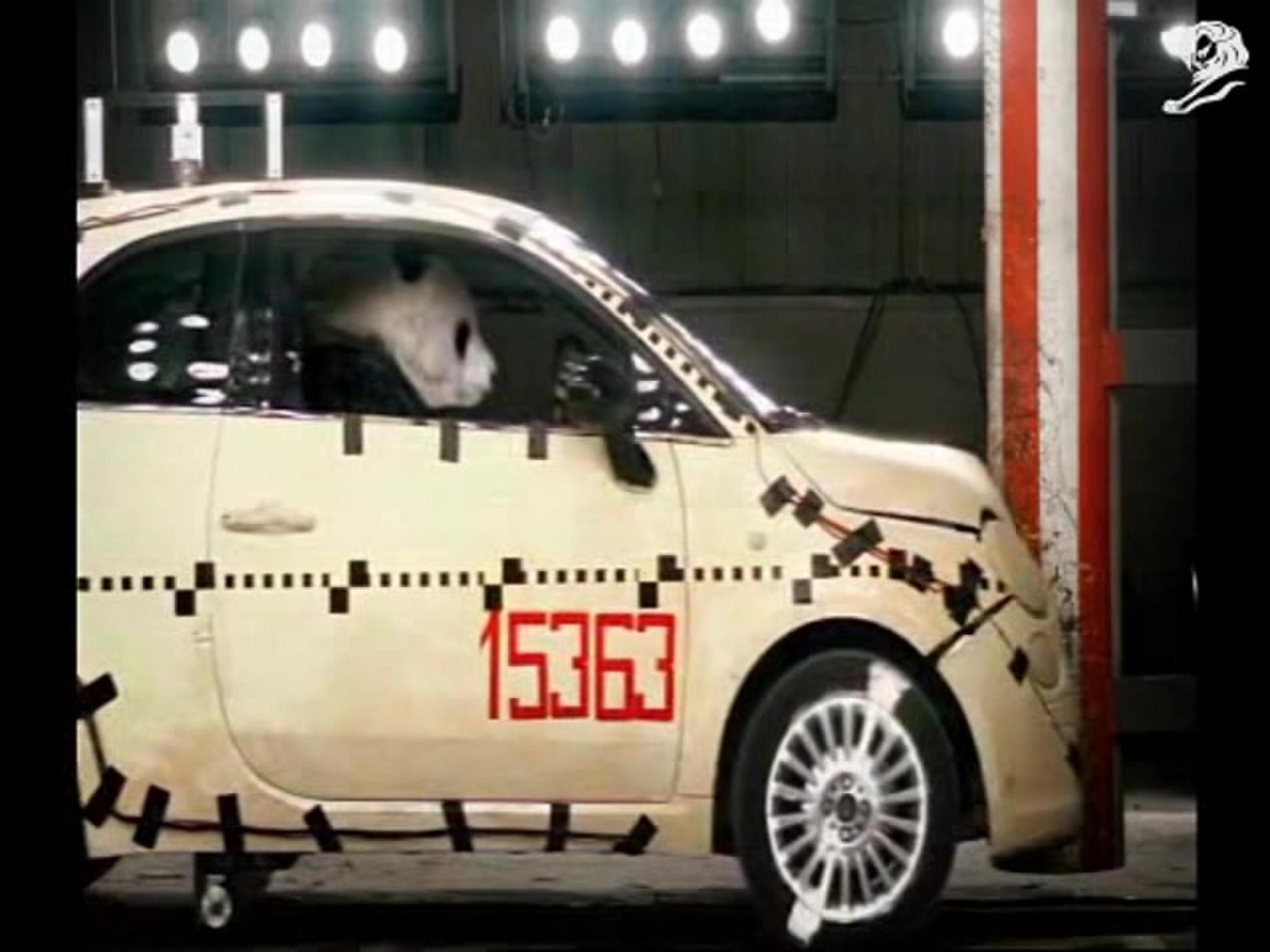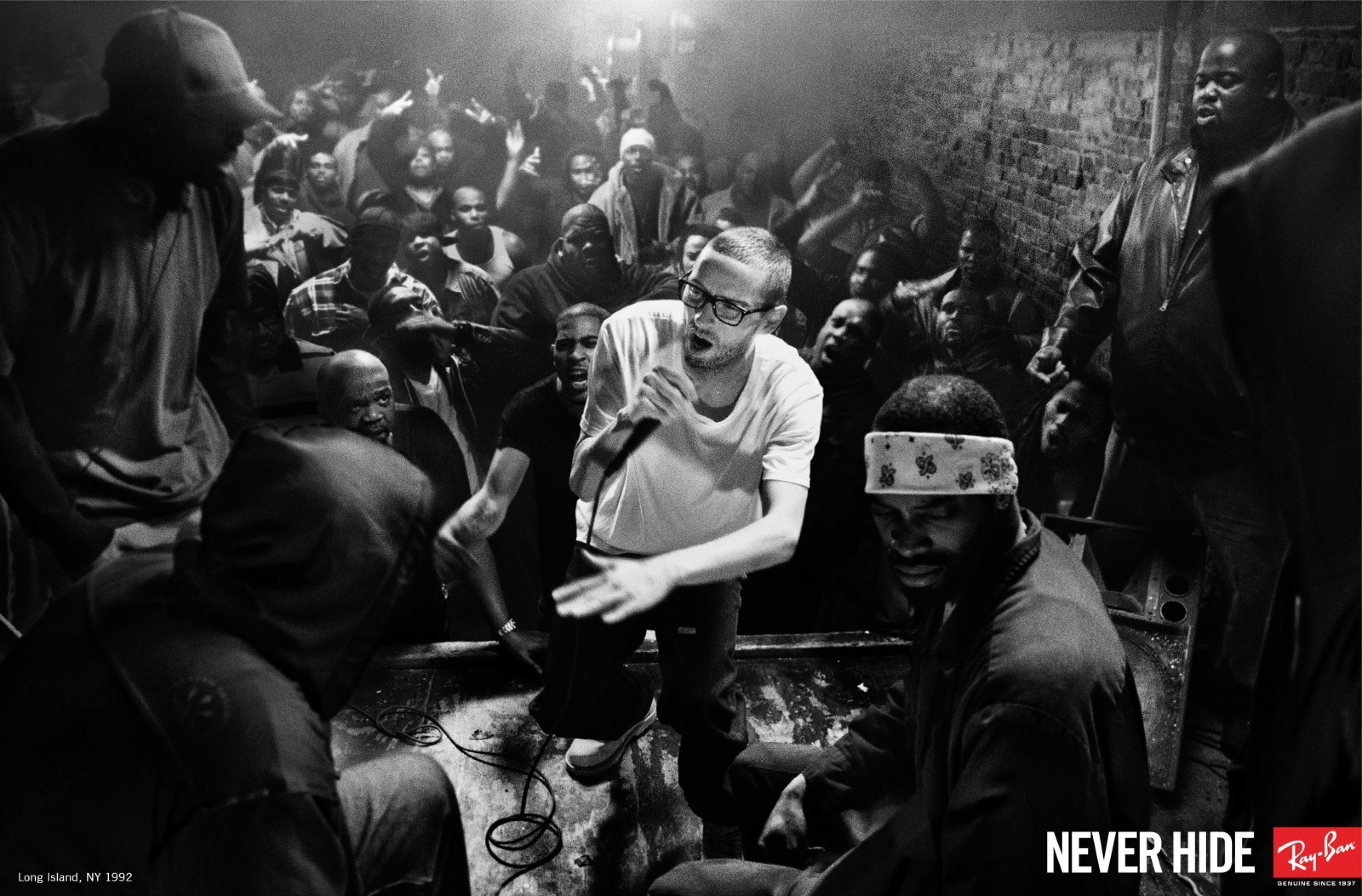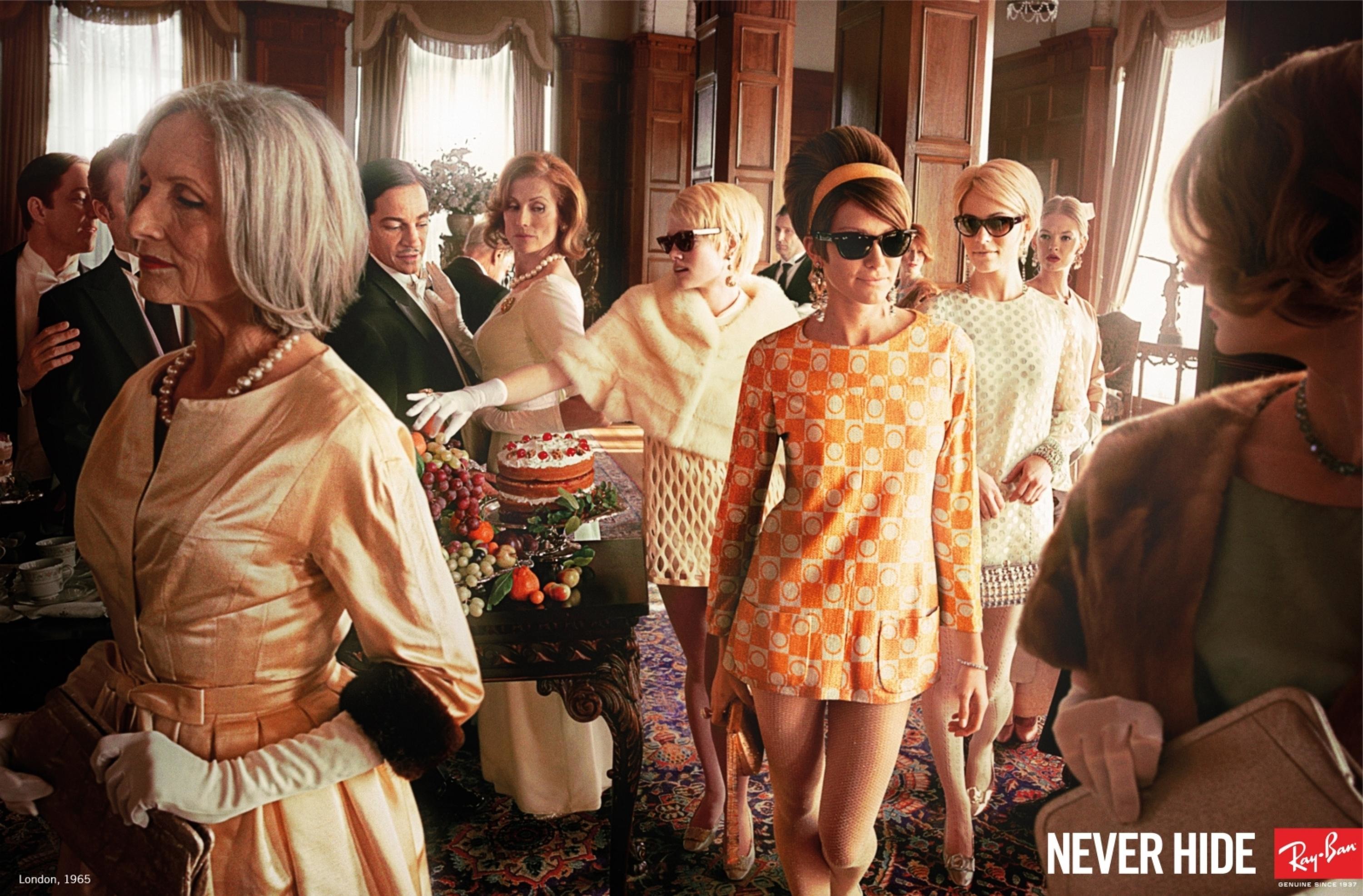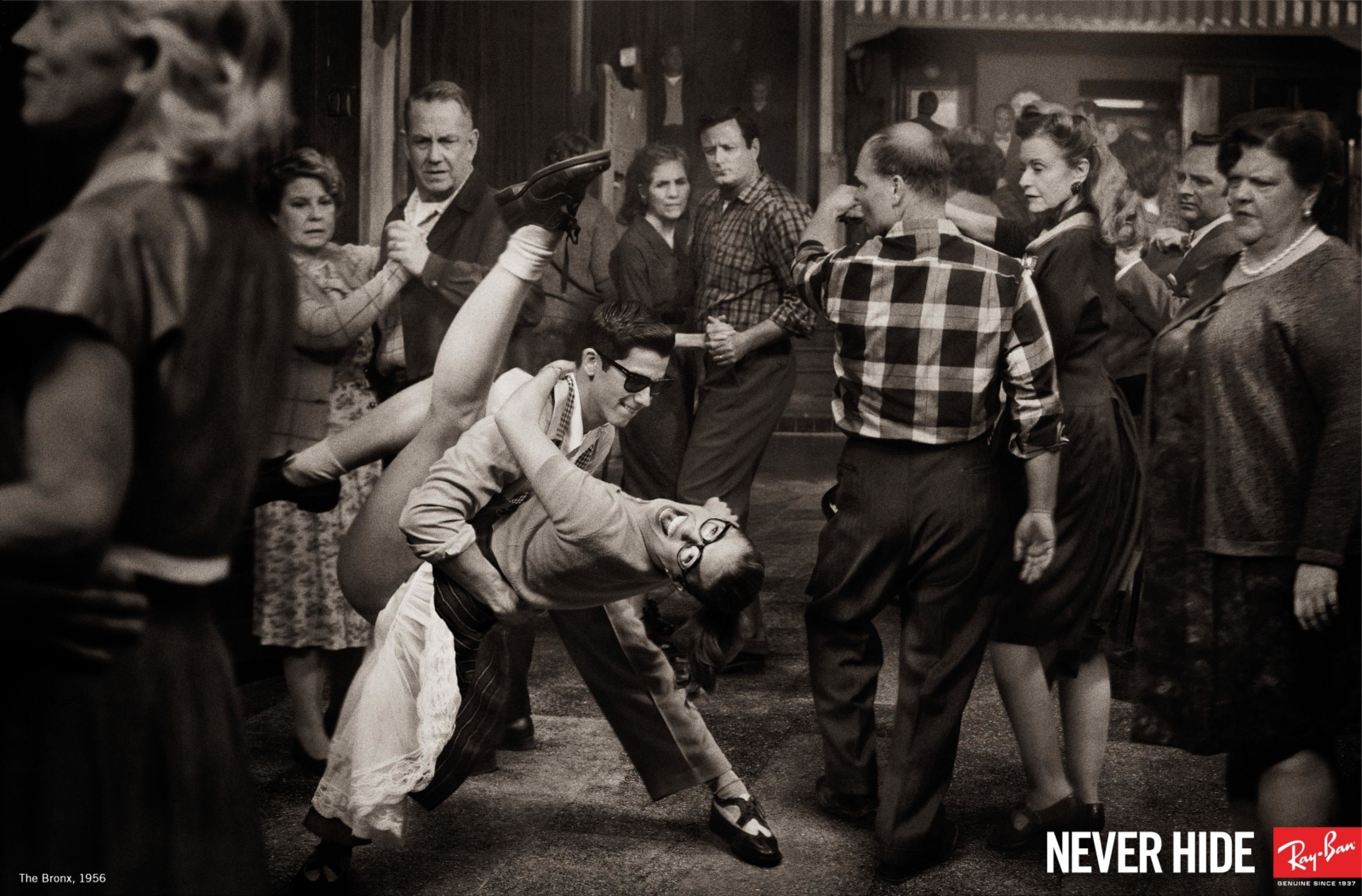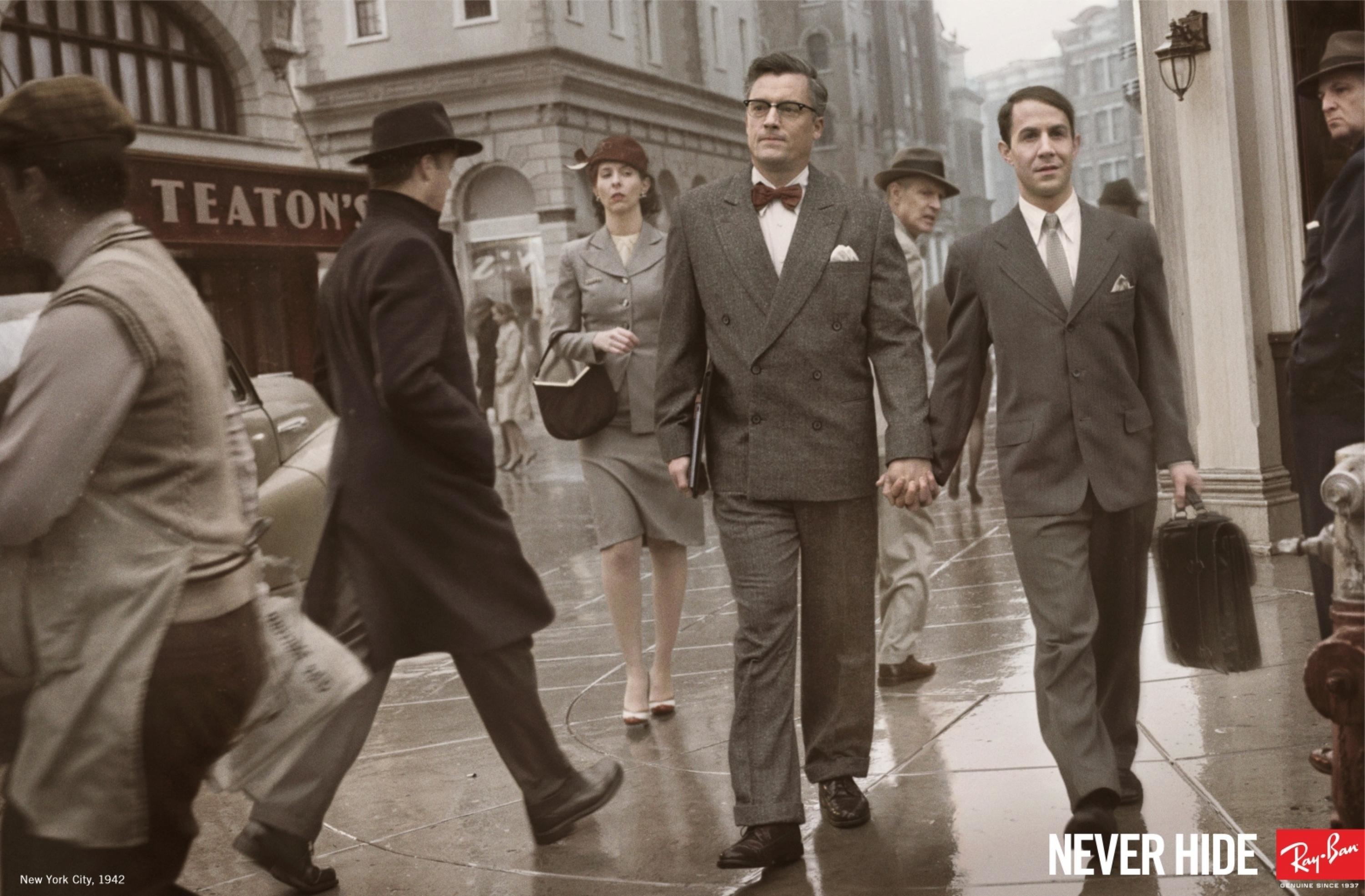Media > Culture & Context
WOMEN'S FOOTBALL
MARCEL, Paris / ORANGE / 2023
Awards:


Overview
Credits
Overview
Why is this work relevant for Media?
Orange is the leading telecommunications provider in France and a historical sponsor of French football. While Orange equally supports both the men's and women's national football teams, women's football still faces significant gender bias among fans. To enter the fight and spark a global conversation, Orange played with the football fandom and used the dynamics of social media plateform, just before the 2023 Women’s World Cup.
Background
This summer, the French women's football team played in its 5th World Cup, in a unique context. Up until a few weeks before the competition, no media organization had stepped in to buy the broadcasting rights for the event.
In a country where football is a passion, women's football is left out of the fervor. One of the reasons is prejudice about its lack of technical skills. Many fans have a strong opinion about it, without ever having watched a match, or having looked at biased compilations ("The worst of women's football", "100% fails women's football”…)
This is why the WWC was a key moment for Orange, a committed partner of football for 24 years, to go beyond its usual support for the French Women's Team, via a CSR brief whose main objective was to tackle the prejudices that women's football suffers from.
Please provide any cultural context that would help the jury understand any cultural, national or regional nuances applicable to this work e.g. local legislation, cultural norms, a national holiday or religious festival that may have a particular meaning.
In France, football is king, with a popularity that has been fueled by the succeses of the men’s national team : 2-times world champion, finalist of the last edition in 2022. But women's football is left our of the fervor, partly because it’s still a relatively young sport, only being officially recognized by the FFF in 1974. This 2023 Women’s Wold Cup was only the 9th edition, whereas it was the 22nd for the men’s. But this doesn’t mean the women’s team’s drive is less than the men’s : they have been #5 in the FIFA ranking for years, have reached the semi-final during the last Euro…
Before the WWC, the French should have been cheering for their determined team. Yet, 3 weeks before its start, no TV partner had agreed to cover it. This was a painful reminder of the lack of institutional support to the sport in France, while other countries have succeeded in bridging the gender inequalities in football, by investing. In this panorama, it was important for brand sponsors such as Orange to step in.
For Orange, the leading telecommunication company, as a former state-owned company, public service is a core value. It is one of the first French brands to provide extensive support for football, with a trackrecord of 24 years backing amateur, professional,women and men’s football. Since 2018, the brand has held the status of a Major Partner of the French Football Federation, supporting both the Men's and Women's National Teams with equal resources.
Describe the creative idea / insights
After getting this CSR brief from Orange, we gathered data on the perception of women’s football. A study led by the Zurich University Sociology Department gave us insight into the situation. By exposing a group of participants to blurred goals, it reached the conclusion that perceived quality of actions is heavily filtered through gender stereotypes, with women being pre-judged as less technical.
To challenge football fans' preconceived notions, we used their love of technical moves to create a Trojan horse: a never-before-seen compilation of actions from players of the French men's team. The skilled moves of Mbappé, Giroud, Griezmann are showcased for a minute until the twist reveals the true stars: the French women's team. Through VFX effects, we initially presented them as men to confront biases. The second part showcased the real, unfiltered brilliance of women's technical prowess, urging viewers to see beyond stereotypes.
Describe the strategy
Our primary target was football fans, with the objective of confronting their preconceptions about the technical nature of women's football, by removing the filter of their gender bias. To target them, the Compil des Bleues was broadcast in a football-centric ecosystem, through digital and social media (L'Équipe, Bein, Foot Mercato, Fédération Française de Football accounts, and the accounts of players from the 2 French teams, etc.), and via football influencers (Youtube, Twitter, Snapchat). The viral nature of the campaign worldwide quickly spread its reach wider: our message ultimately resonated to a mainstream audience.
Describe the execution
The campaign was first launched only on Twitter, which is the key platform for football conversations. We capitalized on the account of an influencer with medium visibility but very high engagement. This Twitter account first posted only the first part of the Compil des Bleues (= the women's technical moves 'disguised' as men's players), before revealing the trickery a few hours later to its community by posting it in full. Engagement surrounding these 2 tweets was very high, kick-starting mainstream media PR in France: within a day of the tweet, 8 mainstream media outlets were picking up on the video. This meticulous orchestration allowed the Compil to go viral, first in Europe, then around the world.
List the results
The video went viral in only days, and successfully fueled debate the biases women’s football suffers from.
> +2B impressions
> +200M organic views, with a high complexion rate.
> +450 cross-media PR coverage in 91 countries: articles, TV & radio, podcasts…
> Influential relays from opinion leaders of all sectors: from the French Minister for Sport to Alexis Ohanian, from Daniel Storey and Gary Lineker. Football players also shared and gave exposure to the video: Cascarino, Matuidi, Le Sommer, Guendouzi, Henry, Dembélé, Griezmann...
> Strong attribution to Orange, in media and social conversations. The brand was even mentioned at a press conference when a journalist asked the players their thought about the video.
> Reactions were overwhelmingly positive, and to this day, the Compil des Bleues continues to be relayed, as a piece of content materializing the issue of gender bias in sports and helping overcome it.
Please tell us how the brand purpose inspired the work.
Gender equality is a core pilar of Orange’s CSR policy, with a strong focus around women in tech: the brand works every day to bridging the gender gap in tech, led by the vision of its CEO, who is one of the only women-CEO of a French companie quoted in the stock market.
This commitment for women in tech translates into the brand’ sport sponsorship initiatives: Orange invests the same amount into its support of the Men’s National Football Team, as in the Women’s National Football Team. This is, sadly, an exception. Orange’ support for professional women football extends to the amateur field: the young players of today are the future stars of tomorrow, and their passion for football needs to be nurtured, to grow strong.
More Entries from Corporate Purpose & Social Responsibility in Media
24 items
More Entries from MARCEL
24 items



